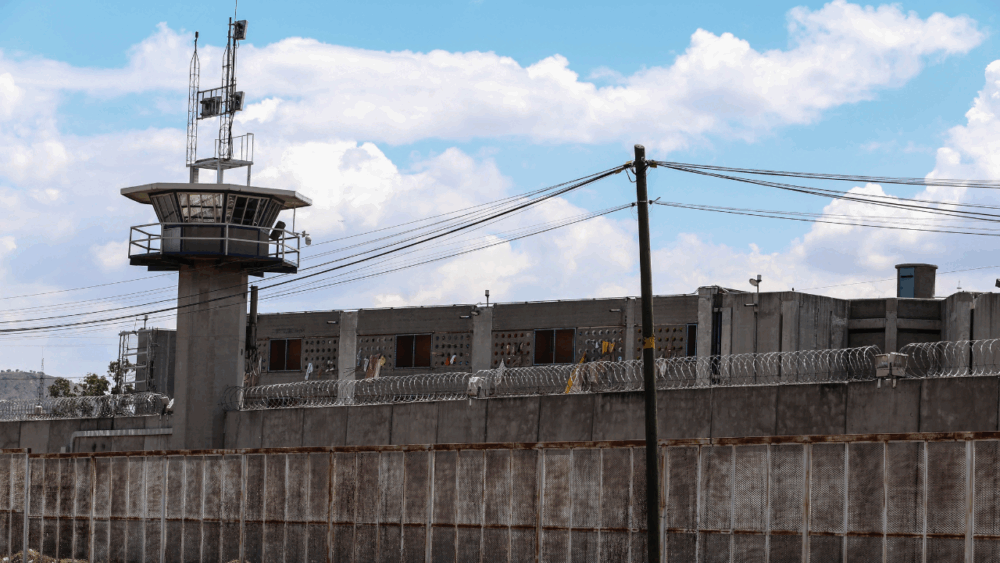The Department of Justice transferred 14 Mexican nationals convicted of drug crimes to Mexico on Friday, saving U.S. taxpayers over $4 million in incarceration costs. The coordinated transfer was the result of months of planning between U.S. and Mexican authorities to ensure all legal and treaty requirements were met.
The prisoners will serve their remaining sentences in Mexican facilities under a bilateral treaty agreement. The transfer helps address federal prison overcrowding while eliminating 96 years of combined incarceration expenses, freeing up resources for other law enforcement and correctional priorities in the United States.
“Friday’s transfer of 14 federal inmates to correctional authorities in Mexico has saved the United States over $4 million by eliminating the need to pay incarceration costs for the 96 years remaining on their combined sentences,” said Acting Assistant Attorney General Matthew R. Galeotti of the Justice Department’s Criminal Division. “The Justice Department will continue such transfers – pursuant to our treaty with Mexico – to reduce incarceration costs and relieve overcrowding in our federal prisons.”
All transferred inmates were serving sentences for drug distribution offenses. Each prisoner requested the transfer, which required approval from both U.S. and Mexican governments. The process included detailed case reviews, verification of eligibility, and coordination between justice and diplomatic authorities.
The Justice Department’s Office of International Affairs coordinated the operation with the Federal Bureau of Prisons. The transfer falls under the congressionally enacted International Prisoner Transfer Program.
The program’s International Prisoner Transfer Unit manages similar arrangements with more than 85 countries. The United States maintains 10 bilateral agreements and two multilateral conventions enabling these transfers, which have been in place for decades to promote international cooperation.
Foreign nationals in federal and state prisons can apply to complete sentences in their home countries under specific circumstances. The program aims to reduce costs while allowing prisoners to serve time closer to family, which officials say can improve rehabilitation outcomes.


